Newsletter
Sign up for Essential California
The most important California stories and recommendations in your inbox every morning.
You may occasionally receive promotional content from the Los Angeles Times.
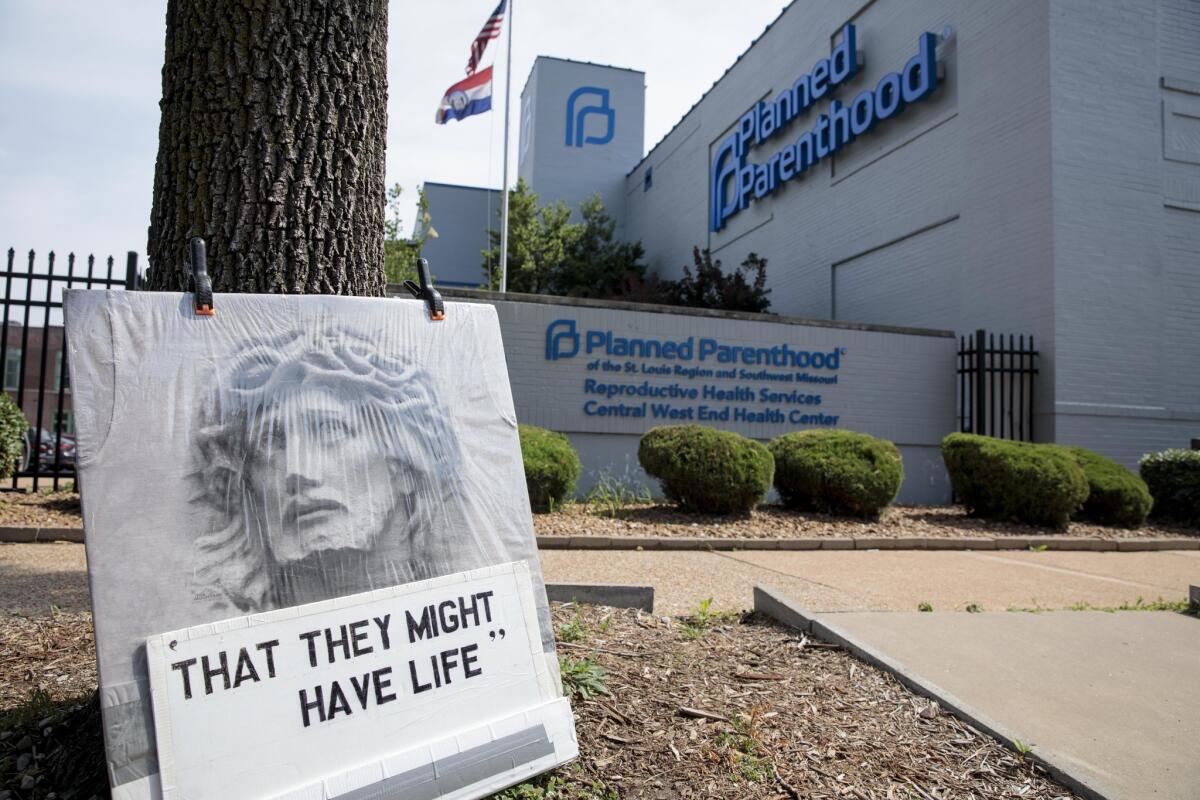
At least nine states enacted laws this year that severely hamper access to abortion. Georgia, Kentucky, Louisiana, Mississippi and Ohio passed âheartbeatâ ban bills that disallow women from aborting a fetus in the first six to eight weeks of a pregnancy. In Alabama, the Legislature banned abortion altogether except when a womanâs life is at risk. The law, which makes performing an abortion a felony in most cases, was condemned by prominent conservatives, including televangelist Pat Robertson, for being too extreme. A federal judge in October blocked the law, which was passed in an attempt to test the Supreme Courtâs new conservative majority and overturn Roe vs. Wade.
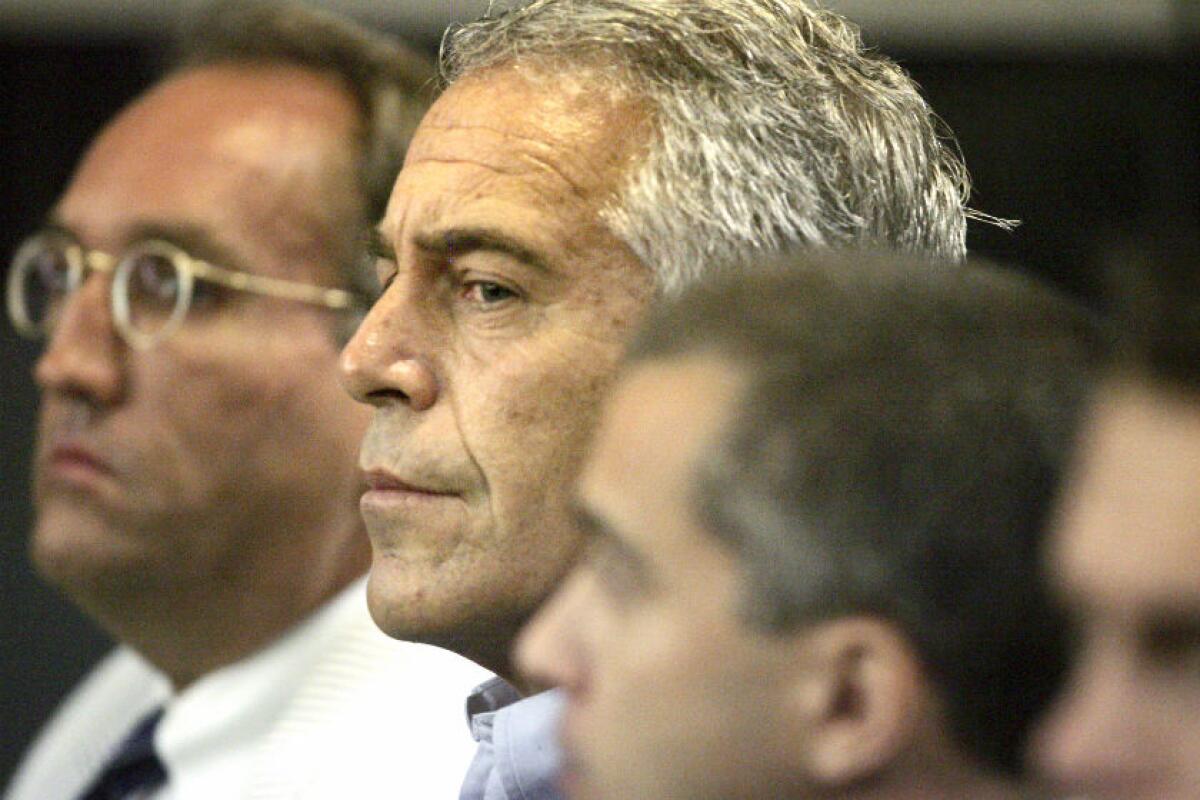
In late 2018, the Miami Herald published a blockbuster report delving into a lenient plea deal by federal prosecutors for billionaire financier Jeffrey Epstein, who stood accused of trafficking women and having sex with underage girls. The Heraldâs report led New York prosecutors to charge Epstein, who was connected to some of the worldâs most powerful men, with sex crimes. In August, Epstein died while in jail awaiting trial; his death was ruled a suicide. The two guards who were supposed to have monitored Epstein on the night of his death are being prosecuted on suspicion of lying on their time sheets in an effort to conceal wrongdoing.
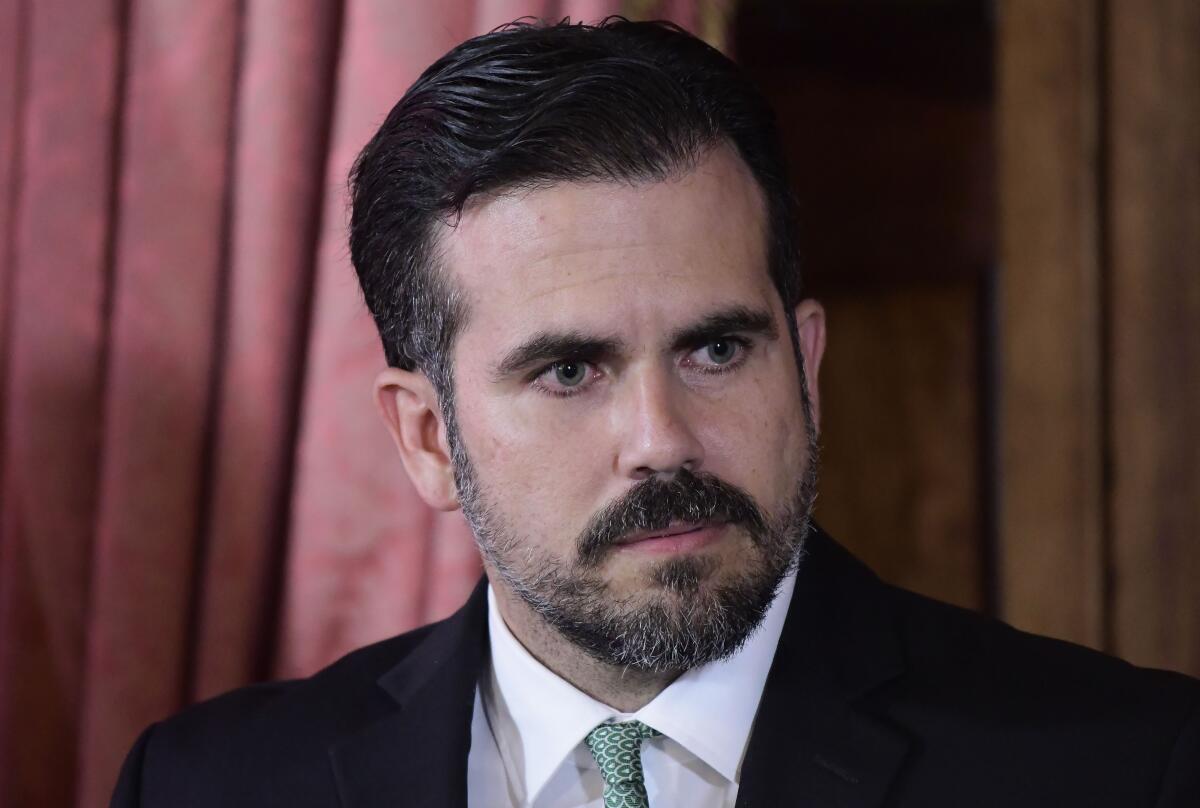
Puerto Ricans were fed up â angry that their island is still struggling with financial crises and recovery from Hurricane Maria. The tipping point came in July, when a misogynistic online chat between then-Gov. Ricardo RossellĂł and nine male members of his administration surfaced. Spanning at least 889 pages, the online messages revealed vulgar and inappropriate comments made by RossellĂł as Puerto Ricans were still reeling from the devastation caused by the hurricane. The revelations pushed Puerto Ricans by the thousands into the streets to protest. After more than 10 days of unrest, RossellĂł announced heâd resign. He officially stepped down Aug. 2.
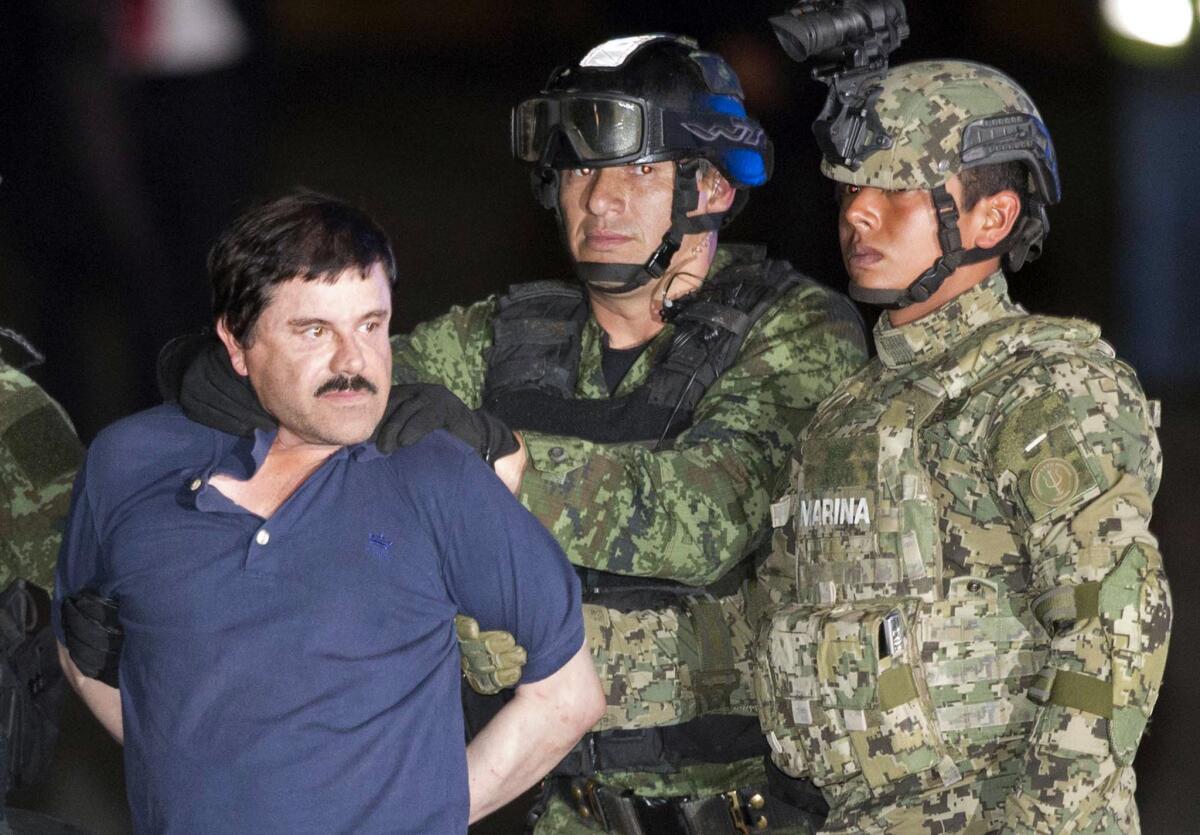
For years, Joaquin âEl Chapoâ Guzman maintained a folkloric status as the head of the Sinaloa cartel, an international crime syndicate that reportedly killed thousands and smuggled billions of dollarsâ worth of drugs into the United States. The drug lord twice escaped from Mexican prison. But in 2016, he was recaptured and extradited to the United States, where he stood trial for trafficking and murder. In February, a New York jury found him guilty and a federal judge sentenced him to life in prison without the possibility of parole. Though his career has ended, his cartel has shown renewed vigor. In October, the cartel outwitted the Mexican military and seized control of the city of CuliacĂĄn, a sign that its dominance is not waning.
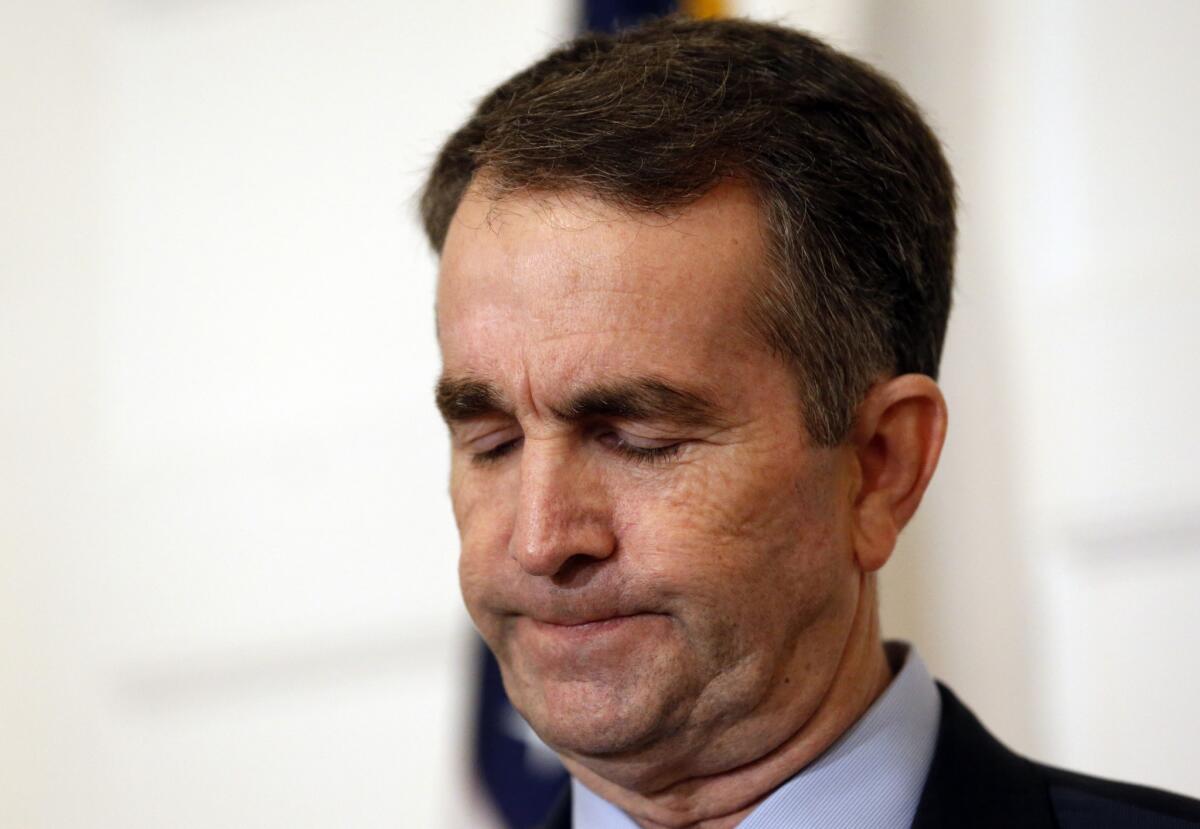
In February, Virginia was plunged into political chaos when a conservative news outlet unearthed Democratic Gov. Ralph Northamâs medical school yearbook, featuring photos of a man in blackface and another in Ku Klux Klan attire on his page. The news attracted national attention and led to another top Democrat admitting that he had worn blackface in his youth. An investigation ordered by the medical school failed to determine whether the man in blackface was Northam; however, he appeared â for the moment â to have survived the controversy.
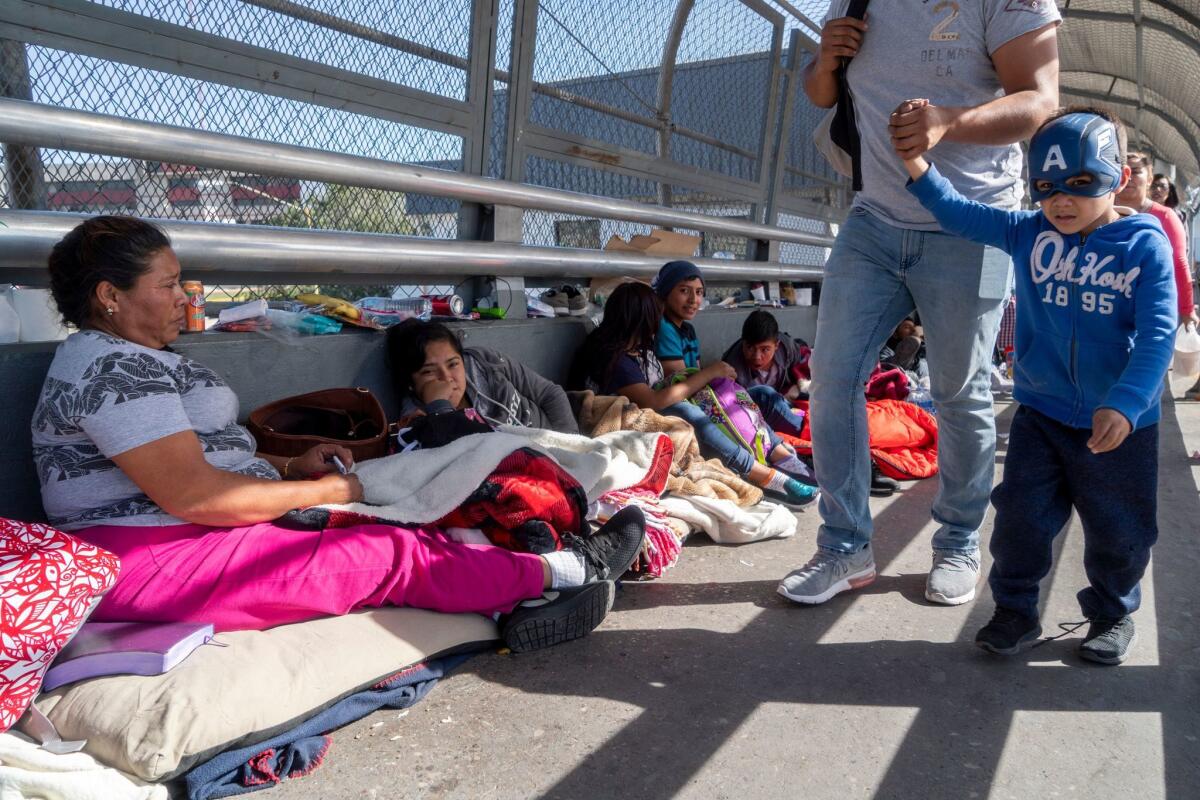
Not so long ago, the term âRemain in Mexicoâ would have meant little to most Americans. But the Trump administration policy designed to reduce migration across the United Statesâ southern border continued to be a major part of the national conversation in 2019. As migrants flooded north from Central America, the Remain in Mexico policy required asylum seekers to wait on the Mexican side of the border until their cases could be heard in the U.S. The result: squalid migrant camps, legal challenges and widespread outrage by immigrant rights advocates. By late in the year, the administration said the numbers of migrants attempting to cross the border had sharply declined.
Pharmaceutical companies felt the heat of federal inquiries scrutinizing past practices regarding opioid prescriptions to determine whether crimes were committed. More than 30,000 people have been named as plaintiffs in lawsuits against drugstores, pharmaceutical companies and medical associations, seeking financial reprieve for the hardship theyâve faced. In September, the most prominent company associated with opioids, OxyContin maker Purdue Pharma, filed for Chapter 11 bankruptcy. The opioid epidemic has brought billions of dollars in profits for pharmaceutical companies and addicted millions, killing more than 400,000.
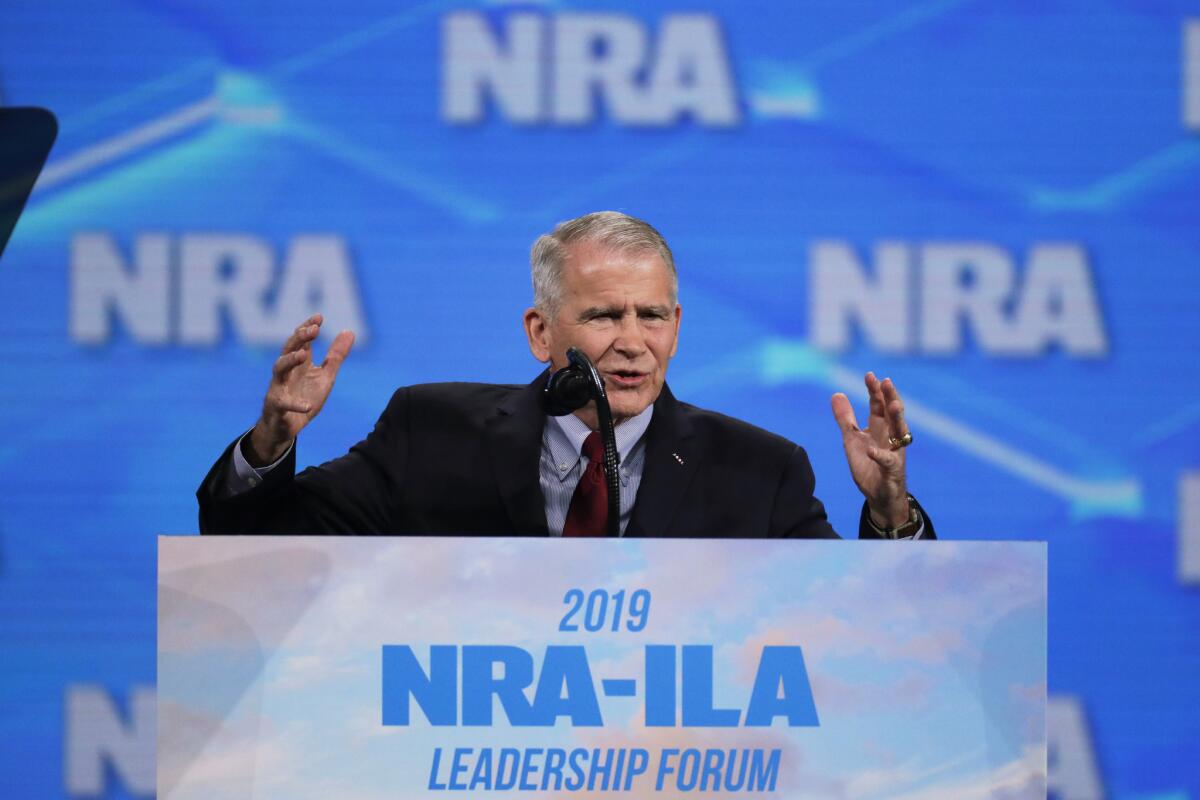
It was a rocky year for the National Rifle Assn., the gun rights group that has for 20 years successfully lobbied lawmakers to block meaningful local and federal gun control legislation. The top prosecutor in New York is investigating the organizationâs tax-exempt status. Retired Marine Lt. Col. Oliver North was ousted from his role as president of the group after alleging financial impropriety by some of his colleagues. The NRA also lost its top lobbyist and suspended its TV channel. Analysts say a financially weak NRA can still wield clout in Washington and with President Trumpâs base for the 2020 election.
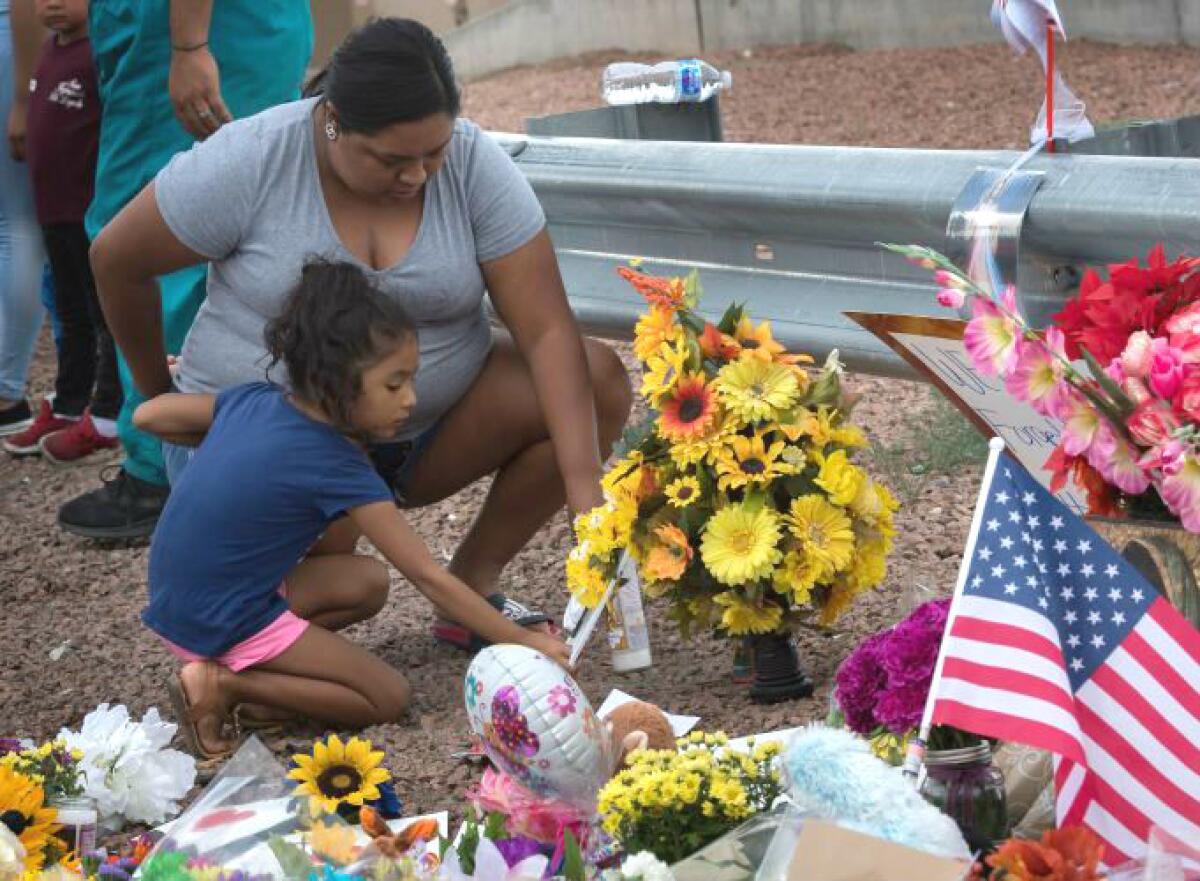
Twelve hours and 35 minutes. That is all the time that elapsed between one mass shooting, in El Paso, Texas, and the next, in Dayton, Ohio. The toll for the two attacks: 31 dead, more than 50 injured. Once again, the eruption of deadly gunfire in American cities prompted outrage and repeated calls from activists for federal gun control laws. Once again, nothing substantive happened. President Trump appeared, for a time, to be considering support for universal background checks, something the National Rifle Assn. has heavily lobbied against. After NRA Chief Executive Wayne LaPierre spoke to Trump by phone, the president backed away.
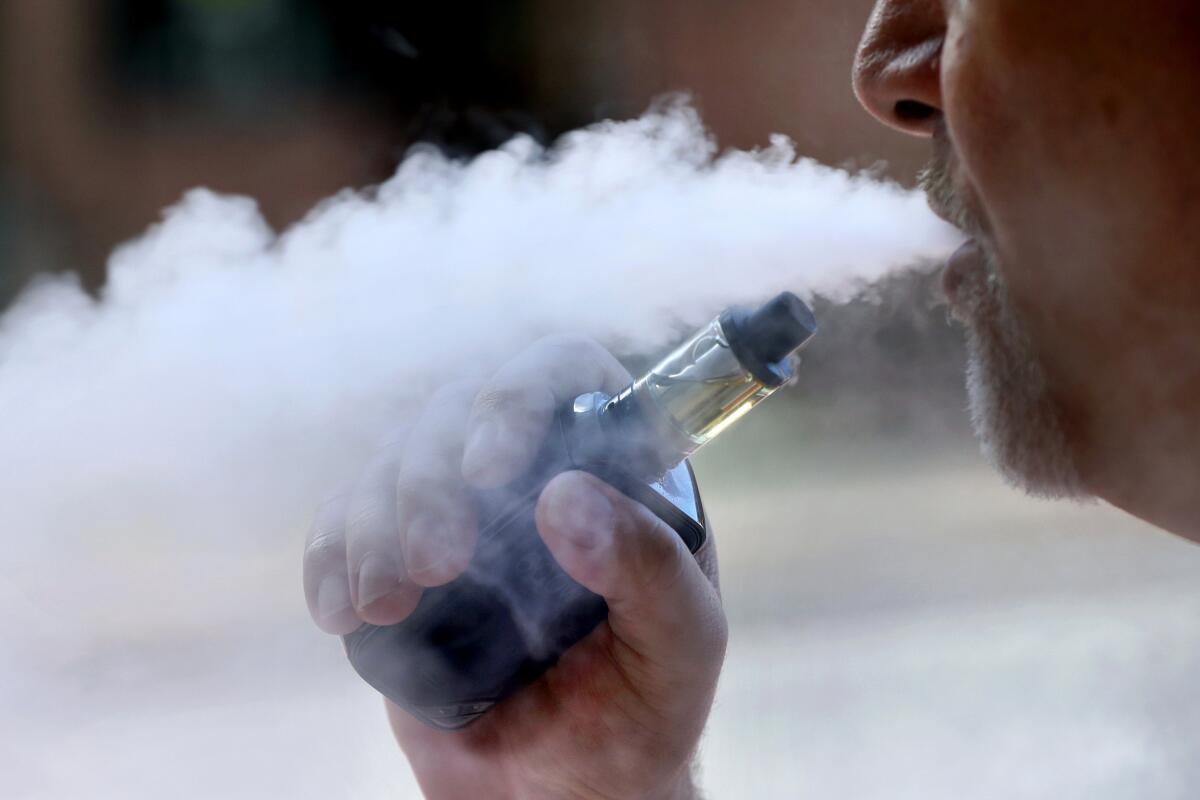
The medical mystery of the year emerged in September, when U.S. health officials reported that people, most of them young, were getting sick and dying from respiratory failure. They had one trait in common: All had been vaping. Eventually, the Centers for Disease Control and Prevention would link vaping to at least 2,290 cases of a lung disease across 49 states, Puerto Rico, the Virgin Islands and Washington, D.C. At least 33 people have died. The vast majority of lung infections seen so far appear to be linked to vaping cartridges that include THC, the ingredient in marijuana that produces its characteristic high. Early investigation appeared to implicate vitamin E acetate, an additive, as the potential culprit.
Sign up for Essential California
The most important California stories and recommendations in your inbox every morning.
You may occasionally receive promotional content from the Los Angeles Times.